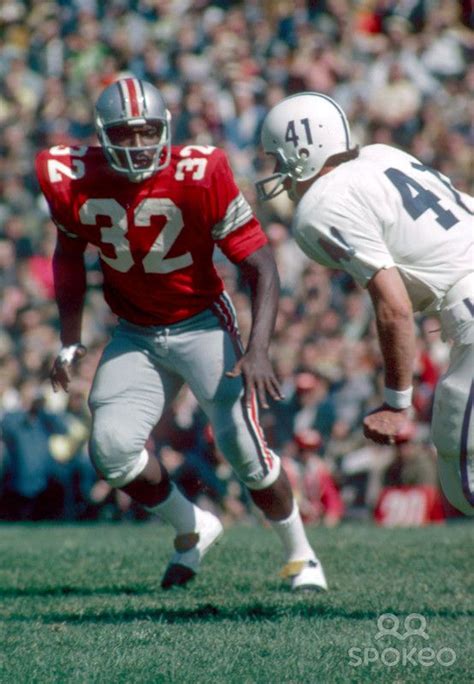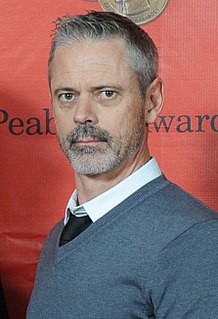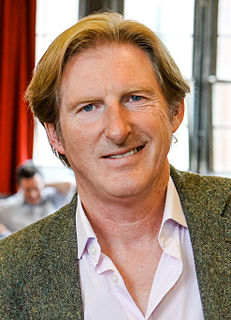A Quote by Jack Tatum
Since I didn't spend a great amount of time on writing the lyrics, some people would argue that they're too vague or simplistic, but I think it's kind of good. I wouldn't say they're all stream of consciousness, but they're not necessarily overwrought.
Related Quotes
To be a good director, you have to spend a lot of time on actual sets, but today, there's a lot of people who spend a lot of time in dark rooms writing a script, and they'll go in and tell the story to some suit at a studio who says, 'Okay, this is great, let's go.' But that doesn't necessarily mean you know what to do once you're on set.
Some people demand a five-line capsule summary. Something you'd read in a magazine. They want you to say, 'This is the story of the duality of man and the duplicity of governments.' I hear people try to do it -- give the five-line summary -- but if a film has any substance or subtlety, whatever you say is never complete, it's usually wrong, and it's necessarily simplistic: truth is too multifaceted to be contained in a five-line summary. If the work is good, what you say about it is usually irrelevant.
An mp3 is a compressed form of data. It's not the full spectrum. It's never going to sound as good as a record. I think one thing people forget is that every technological advance we fetishize had its place in time. CDs are usually an hour long because that's the amount a CD could hold - not because that's the optimal amount of time for any given musical expression. Side one and side two? That's a product of vinyl. But that's not necessarily dramatic form - you could argue that that was three acts.
We've learned over the years that if we wanted we could write anything that just felt good or sounded good and it didn't necessarily have to have any particular meaning to us. As odd as it seemed to us, reviewers would take it upon themselves to interject their own meanings on our lyrics. Sometimes we sit and read other people's interpretations of our lyrics and think, 'Hey, that's pretty good.' If we liked it, we would keep our mouths shut and just accept the credit as if it was what we meant all along.
I think me, Sean Bonnette and Laura Jane Grace, and a lot of the bands people feel that way about, we're just really honest in our lyrics. I think we got really lucky in that the right kind of people who would appreciate that heard us at the right time, because there are plenty of people that are honest in their lyrics.
You know how some people will say to writers, "Why don't you just write a romance novel that sells a bunch of copies and then you'll have the money to do the kind of writing you want to do"? I always say that I don't have the skills or knowledge to do that. It would be just as hard for me to do that kind of writing as it would be to learn how to do any number of productive careers that I can't manage to make myself do.
I think we ripple on into others, just like a stone puts its ripples into a brook. That, for me, too, is a source of comfort. It kind of, in a sense, negates the sense of total oblivion. Some piece of ourselves, not necessarily our consciousness, but some piece of ourselves gets passed on and on and on.
Consciousness... does not appear to itself chopped up in bits. Such words as 'chain' or 'train' do not describe it fitly as it presents itself in the first instance. It is nothing jointed; it flows. A 'river' or a 'stream' are the metaphors by which it is most naturally described. In talking of it hereafter, let us call it the stream of thought, of consciousness, or of subjective life. Source of the expression 'stream of consciousness'.
The amount of response I get, in both a negative and a positive context, is completely related to the amount of books I sell, I think. It seems to have nothing to do with what I'm writing, but what degree of success I'm perceived to have. It's really weird, especially since I spent so much of my life covering people who are famous. It's interesting to actually have it happen to me on some level.




































